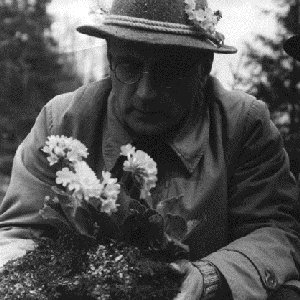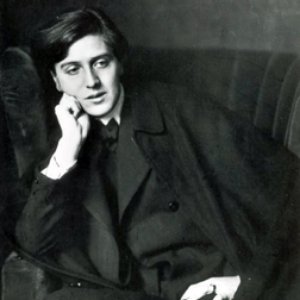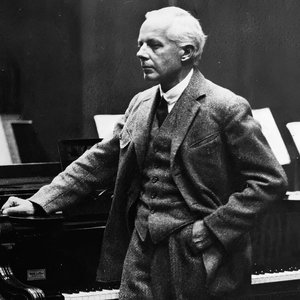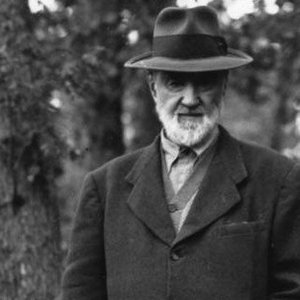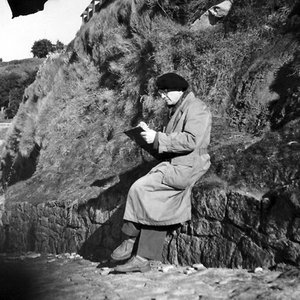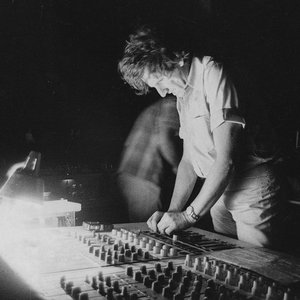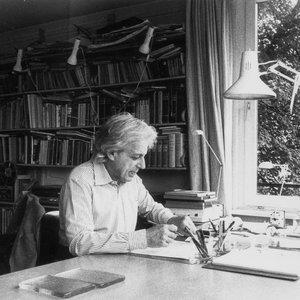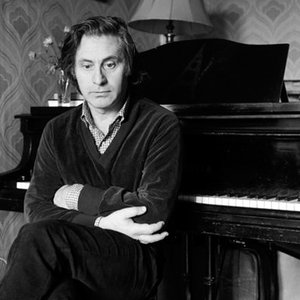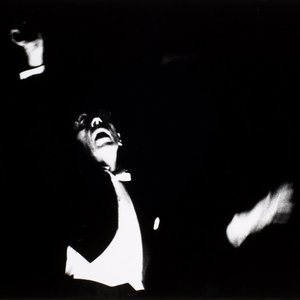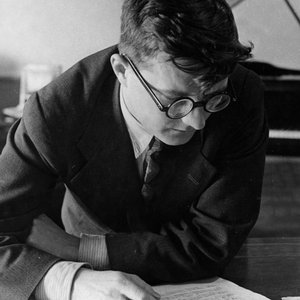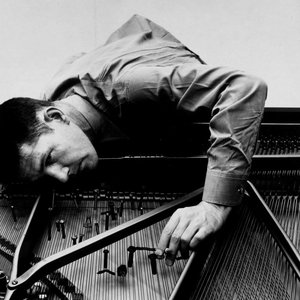Biography
-
Born
13 September 1874
-
Born In
Wien, Austria
-
Died
13 July 1951 (aged 76)
Arnold Schönberg (13 September 1874 – 13 July 1951) was an Austrian composer and painter, associated with the expressionist movement in German poetry and art, and leader of the Second Viennese School. After his move to the United States in 1934, he altered the spelling of his surname from Schönberg to Schoenberg.
Schönberg's approach, both in terms of harmony and development, has been one of the most influential of 20th-century musical thought. Many European and American composers from at least three generations have consciously extended his thinking, whereas others have passionately reacted against it. During the rise of the Nazi Party in Austria, Schönberg's works were labelled as degenerate music.
Schönberg was known early in his career for simultaneously extending the traditionally opposed German Romantic styles of Brahms and Wagner. Later, his name would come to personify innovations in atonality (although Schönberg himself detested that term) that would become the most polemical feature of 20th-century art music. In the 1920s, Schönberg developed the twelve-tone technique, an influential compositional method of manipulating an ordered series of all twelve notes in the chromatic scale. He also coined the term developing variation, and was the first modern composer to embrace ways of developing motifs without resorting to the dominance of a centralized melodic idea.
Schönberg was also a painter, an important music theorist, and an influential teacher of composition; his students included Alban Berg, Anton Webern, Hanns Eisler, Egon Wellesz, and later John Cage, Lou Harrison, Earl Kim, Leon Kirchner, and other prominent musicians.
Many of Schönberg's practices, including the formalization of compositional method, and his habit of openly inviting audiences to think analytically, are echoed in avant-garde musical thought throughout the 20th century. His often polemical views of music history and aesthetics were crucial to many significant 20th-century musicologists and critics, including Theodor W. Adorno, Charles Rosen and Carl Dahlhaus, as well as the pianists Artur Schnabel, Rudolf Serkin, Eduard Steuermann and Glenn Gould.
Artist descriptions on Last.fm are editable by everyone. Feel free to contribute!
All user-contributed text on this page is available under the Creative Commons Attribution-ShareAlike License; additional terms may apply.

